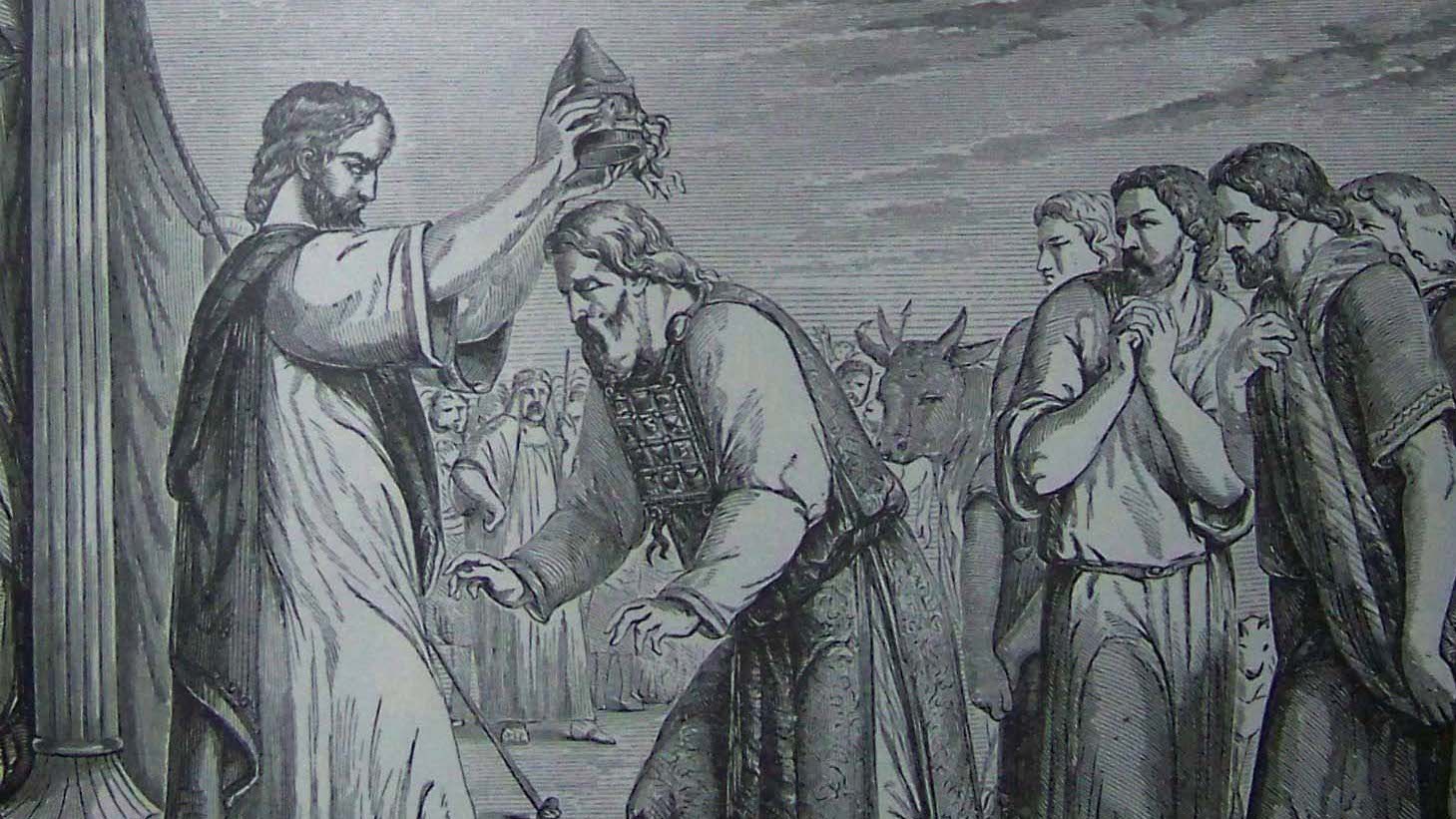Our tradition tells us that there is a time for everything. “A time to cry, a time to laugh, a time to eulogize, and a time to dance” — eit livkot v’eit lischok, eit s’fod v’eit r’kod in the words of Kohelet (Ecclesiastes) 3:4.
The wisdom in these words is essentially this: We need to be present in the moment we are in — be it at a wedding or a funeral. This can be difficult, especially when it requires us to feel the pain, sorrow and emptiness that can accompany the death of someone we love. But acknowledging and experiencing our genuine emotions in the moment is not only psychologically and spiritually beneficial to our grieving process, it also honors those whom we are mourning. Judaism recognizes this.
The Jewish laws around mourning come from a poignant and tragic event in the Torah. Aaron, the head priest who is in the middle of inaugurating and celebrating God’s Tabernacle in the desert, suddenly loses two of his sons, Nadav and Avihu. The sons have offered a burnt sacrifice before the Lord with “a strange fire which [God] had not commanded them.” In so doing, Nadav and Avihu are consumed by a fire from God and are killed.
Our tradition includes much discussion as to why this happened, with some commentaries viewing their deaths as a punishment and others as a reward. The story can be read in full in Parashat Shemini (Leviticus 9:1–11:47). But how Aaron, our spiritual leader, responds to this loss becomes instructive for how we as a Jewish people mourn going forward.
With your help, My Jewish Learning can provide endless opportunities for learning, connection and discovery.
All at once, Aaron has to handle an impossible situation, in which he is straddling his responsibilities of leading the Jewish people and his personal emotional reality of mourning his sons. The text tells us that Aaron completes the sacrifices, but he does not eat from the sin offering. Moses expresses concern, worried that this will invalidate the offering. Aaron responds, “Were I to partake of a sin offering today, would it find favor in God’s eyes?” (Leviticus 10:20).
From this story, Judaism requires that we honor and respect our grief in the moment. For if the head priest managed to authentically mourn the tragic loss of his children in the midst of his service of God, we must do the same when our loved ones die.
There is profound wisdom in Aaron’s story being the foundational text for the laws of mourning. It embodies a tension with which we all struggle, but which we often do not talk about: How do we mourn and also keep living? How do we celebrate life for years to come without a beloved parent or child, spouse or friend?
Judaism answers with a balance. Initially, we remove ourselves from societal norms so we can be present with our loss — recognizing that life is forever altered. But after a year of removing oneself from normalcy to honor a parent (or after a month to honor another close relative), Jewish law propels us to move forward. Maimonides codifies this sentiment in his Mishneh Torah: “A person should not become excessively broken-hearted because of a person’s death.” (Mishneh Torah Hilchot Aveilut 13:11).
Like Aaron, we are commanded to mourn, authentically — eit livkot, eit s’fod — and still continue in our service of God. I think of a son or daughter who mourns a parent and also cares for his or her newborn baby; so often life demands the impossible of us, and we wonder how we can keep going. We face the challenge of finding a balance that allows us to live honestly in each eit, each moment.
Thankfully, we are not alone in the endeavor to be present. Aaron joins us and guides us, as do our loved ones whom we honor and remember. This is the message of our verse from Ecclesiastes. There is a time to cry and a time to laugh, and our job is to make sure that we are not only present for both, but that we do not allow one to overshadow the other. Because in us, our lost loved ones live on.
Alissa Thomas-Newborn is a member of the spiritual leadership at B’nai David-Judea Congregation in Los Angeles. She graduated from Brandeis University and received her ordination from Yeshivat Maharat. She is also a board certified chaplain through Neshama: Association of Jewish Chaplains, with specialties in psychiatric care, palliative care, and end of life are.
Sign up for a Journey Through Grief & Mourning: Whether you have lost a loved one recently or just want to learn the basics of Jewish mourning rituals, this 8-part email series will guide you through everything you need to know and help you feel supported and comforted at a difficult time.
Looking for a way to say Mourner’s Kaddish in a minyan? My Jewish Learning’s daily online minyan gives mourners and others an opportunity to say Kaddish in community and learn from leading rabbis.



